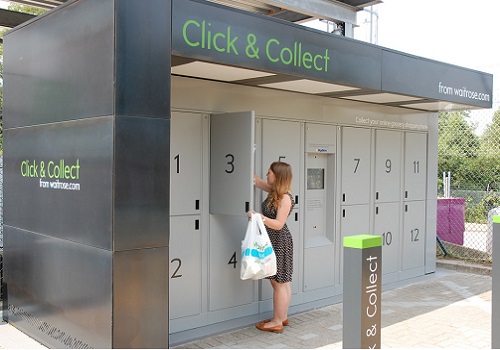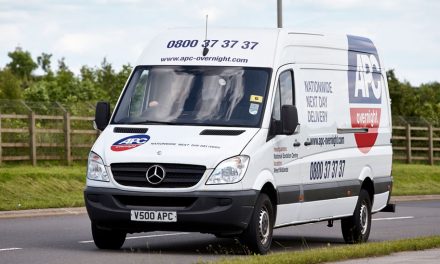
Missed deliveries “costing UK e-commerce three-quarters of a billion each year”
Missed deliveries are set to cost UK retailers £771m in lost business this year, according to industry body IMRG. Not including smaller e-commerce merchants within marketplaces like eBay, the value of missed deliveries falls to about £473m in 2014.
However, the trade association for e-commerce said taking into consideration the rise in e-commerce volumes, it appears that the actual costs associated with delivery failure have fallen by almost 50% in the last two years.
IMRG said the costs of missed deliveries have fallen because of innovation in the e-retail delivery business.
The numbers in the report come from IMRG partner MetaPack, and are supported by logistics technology provider Blackbay. The data takes account of failed deliveries, late deliveries, lost orders and returns.
Andrew Starkey, the head of e-logistics at IMRG, said that considering the high costs of missed deliveries, the retail industry could not afford the pace of innovation in this area to slow.
“Recent innovations in e-retail delivery have already reduced this cost and provide shoppers with more choice, more information about when and where they can expect their deliveries,” he said.
“Giving the customer the ability to fully engage in the delivery process allows them to make more informed decisions about the service they want and then to help manage the ‘final mile’ – cooperating with the delivery company to be in the right place at the right time. The result is reduced costs to all stakeholders and a greater customer satisfaction.”
Nigel Doust, the chief executive at Blackbay, said there was still “considerable cause for frustration” at the inability of carriers and retailers to provide certainty for every delivery, despite the improvement in missed delivery costs.
“Carriers need to respond by finding ways to embrace a consumer relationship and enable consumer control, as well as offering a range of alternative delivery services,” he said.
MetaPack strategy and marketing director Angela O’Connell commented that there would “inevitably” be some delivery mishaps as delivery volumes soar.
“Resolving these gives retailers an opportunity to strongly differentiate themselves through widening the choice of more convenient delivery choices,” she said.
“It’s unsurprising to see investment in Click and Collect and other innovative options that give more control to the consumer, cut the risk of delivery problems and create positive retail experiences.”
Click and Collect

The falling cost of missed deliveries may have been helped in the UK by the rising popularity of “Click and Collect” services via retailers’ brick-and-mortar branches, and the growing occurrence of out-of-store parcel locker terminals.
Earlier this month, the UK government announced its intention to streamline the planning rules for retailers wanting to set up click and collect lockers within their premises.
Recognising the importance of Internet shopping, and how click and collect services can encourage customers into local shops, the government said it will pass new regulations so that retailers can build click and collect facilities on their sites without requiring planning permits.
The government said 35% of online shoppers are now using click and collect services, with the figure expected to double in the next three years.
Communities minister Penny Mordaunt said: “Click and collect is set to be the next big thing on the high street, as discerning online shoppers look to the convenience of the high street as much as their computer screens.”
“Today’s proposals would help not just larger retailers but also independent and smaller shops to benefit, ensuring their premises were fit for the needs of the 21st century shopper.”
Under the proposed regulations, retailers will be allowed to expand their loading bays by up to 20% without planning permission, in order to help facilitate the new click and collect services. Restrictions would still exist for historically significant (listed) buildings.
The government is currently consulting on the proposals, as part of a wider shake-up of planning legislation.












